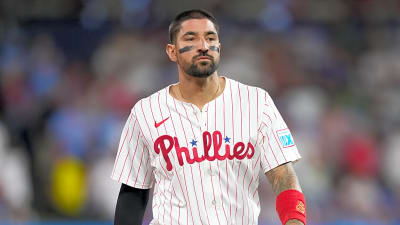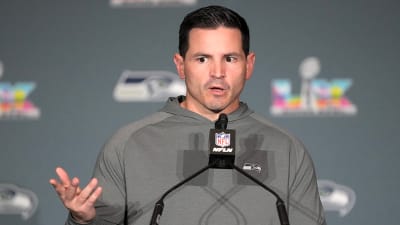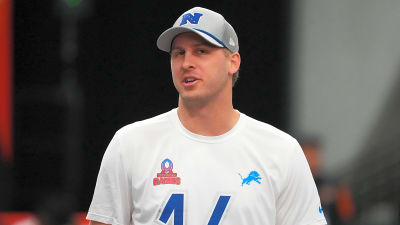The pan-European UEFA European Championship is one of soccer’s top championships. It features the best teams from around Europe who play for the Delauney trophy. The history of the UEFA European Championships can be traced back to the 1960s.
The First UEFA European Championship
Admittedly, there had been some discussion before this about the possibility of having a pan-European soccer championship. The relative success of the European Cup for club sides had demonstrated the potential of European soccer. In 1958, UEFA decided to stage a pan-European Championship for national teams. They would play for the Delauney trophy, named after the FIFA President Henri Delauney.
The first European Championship, originally called the European Nations Cup, was staged in 1960. That was only a small championship, as only four teams actually took part in the finals. These teams were France, the Soviet Union, Yugoslavia, and Czechoslovakia. The winners of this first championship were the Soviet Union, who beat Yugoslavia 2-1 in the final.
European Championship Expansion
Although further teams began to enter the qualification, the European Championship remained limited to only four teams in the 1970s. Penalty shoot-outs were introduced in 1976. Indeed, a penalty shoot-out would decide the final as Czechoslovakia beat West Germany on penalties.
In the 1980s, the European Championship expanded to include four extra teams. A total of eight teams played in it, with two groups of four teams. Then, the winners of these groups would play each other in the final. West Germany won the European Championship of 1980, with a 2-1 win against Belgium.
Further games were also included in the 1984 European Championship. Although the championship still included eight teams, a semi-final was introduced to add some knock-out stages to the tournament. Therefore, the top two teams progressed from the group stages. France dominated that championship, with the inspirational Platini captaining the French team that would lift the trophy.
The 1988 European Championship was most notable for the excellent Dutch team that would win the European title. This team included some fine players, although it was Van Basten who would win them the championship with a fantastic volley scored in the final.
In Euro 1996, the championship would further expand to include 16 teams. There were more groups and an extra quarter-final stage added. This was the first tournament that included Golden Goals in the European Championship, which FIFA later scrapped. Germany would win the championship for the first time as a united German team, after beating the Czech Republic in the final.
The UEFA European Championship expanded to include 24 teams in 2016. The overall format of the tournament did not change, but UEFA added a second knock-out round to the cup. That allows for the best third-placed teams in the group to reach the knock-out stages.
Is the UEFA European Championship the Best Continental Soccer Cup?
Most pundits (myself included) would probably agree that the UEFA European Championship is the best continental soccer cup. One look at the top 10 of the current FIFA World Rankings shows why the UEFA European Championship is the best. Eight of the top ten teams in the world are European sides. Argentina might be the world champions, but most of the best international teams play in the UEFA European Championships. Spain, France, Germany, England, Italy, and the Netherlands are the usual big hitters in the Euros, but the likes of Portugal, Belgium, and Croatia can also have strong sides.
In comparison, Argentina and Brazil largely dominate the Copa América (South America’s continental cup) in the modern game. Although Uruguay has also won a good number of Copa Américas, many of their triumphs were from the early 20th century. The European Championship has more strength in depth than the Copa América, which would be a much poorer without Brazil and Argentina in it.
End of My UEFA European Championship History Rant
Since the earlier short championships, the European Championship has expanded considerably. Today, the European Championship includes 24 of the best teams from Europe. Generally, it now features most of the top teams and is the best international soccer championship alongside the FIFA World Cup.
More must-reads:
- American Jordan Stolz set to make a name for himself at Olympics after record-breaking performance
- Ex-Ohio State star, Jets first-round pick Darron Lee facing first-degree murder charge; death penalty in play
- The 'Super Bowl winning QBs' quiz
Breaking News
Trending News
Customize Your Newsletter
 +
+
Get the latest news and rumors, customized to your favorite sports and teams. Emailed daily. Always free!








